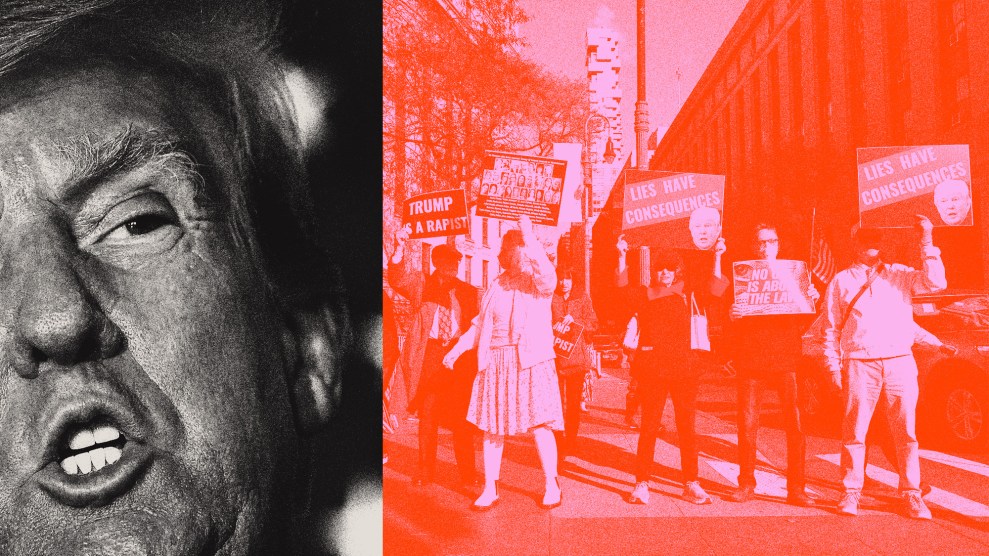Unlocking Win-Win Solutions: How Mediation Can Transform Disputes
Mediation is a powerful tool that can transform disputes by unlocking win-win solutions for all parties involved. Unlike traditional litigation, which can be costly, time-consuming, and adversarial, mediation offers a more collaborative and efficient approach to resolving conflicts.
The Mediation Process
Mediation is a voluntary process in which a neutral third party, known as the mediator, helps facilitate communication and negotiation between the parties in conflict. The mediator does not make decisions or impose solutions but instead guides the parties towards finding their own mutually agreeable resolution.
During mediation, each party has the opportunity to express their perspective, concerns, and interests. The mediator helps clarify misunderstandings, identify common ground, and explore potential solutions that address the needs of all parties involved.
Through open and constructive dialogue, the parties can work together to develop creative and customized solutions that are tailored to their specific situation. This collaborative approach often leads to outcomes that are more sustainable and satisfying for all parties compared to traditional litigation.
Benefits of Mediation
Mediation offers numerous benefits, including:
- Cost-effectiveness: Mediation is generally less expensive than going to court.
- Time-saving: Mediation typically resolves disputes more quickly than litigation.
- Preservation of relationships: Mediation helps maintain or repair relationships between parties.
- Confidentiality: Mediation proceedings are confidential, which can encourage open and honest communication.
- Empowerment: Parties have more control over the outcome of the dispute in mediation.
Overall, mediation can help parties reach mutually beneficial agreements that address their underlying interests and needs while avoiding the drawbacks of traditional legal processes.
FAQs
What types of disputes can be mediated?
Mediation can be used to resolve a wide range of disputes, including family conflicts, workplace disagreements, business disputes, and community issues.
How long does the mediation process typically take?
The length of the mediation process can vary depending on the complexity of the dispute and the willingness of the parties to cooperate. Some mediations can be resolved in a single session, while others may require multiple sessions over several weeks or months.
Do both parties need to agree to mediate?
While mediation is a voluntary process, it is generally more effective when both parties are willing to participate in good faith. However, in some cases, a court may order parties to mediate as a way to encourage settlement.
What happens if mediation is unsuccessful?
If mediation is unsuccessful, parties can still pursue other legal options, such as litigation or arbitration, to resolve their dispute. However, the skills and insights gained from the mediation process can often inform and improve the outcomes of these alternative methods.
For more information on how mediation can transform disputes, check out this article.




